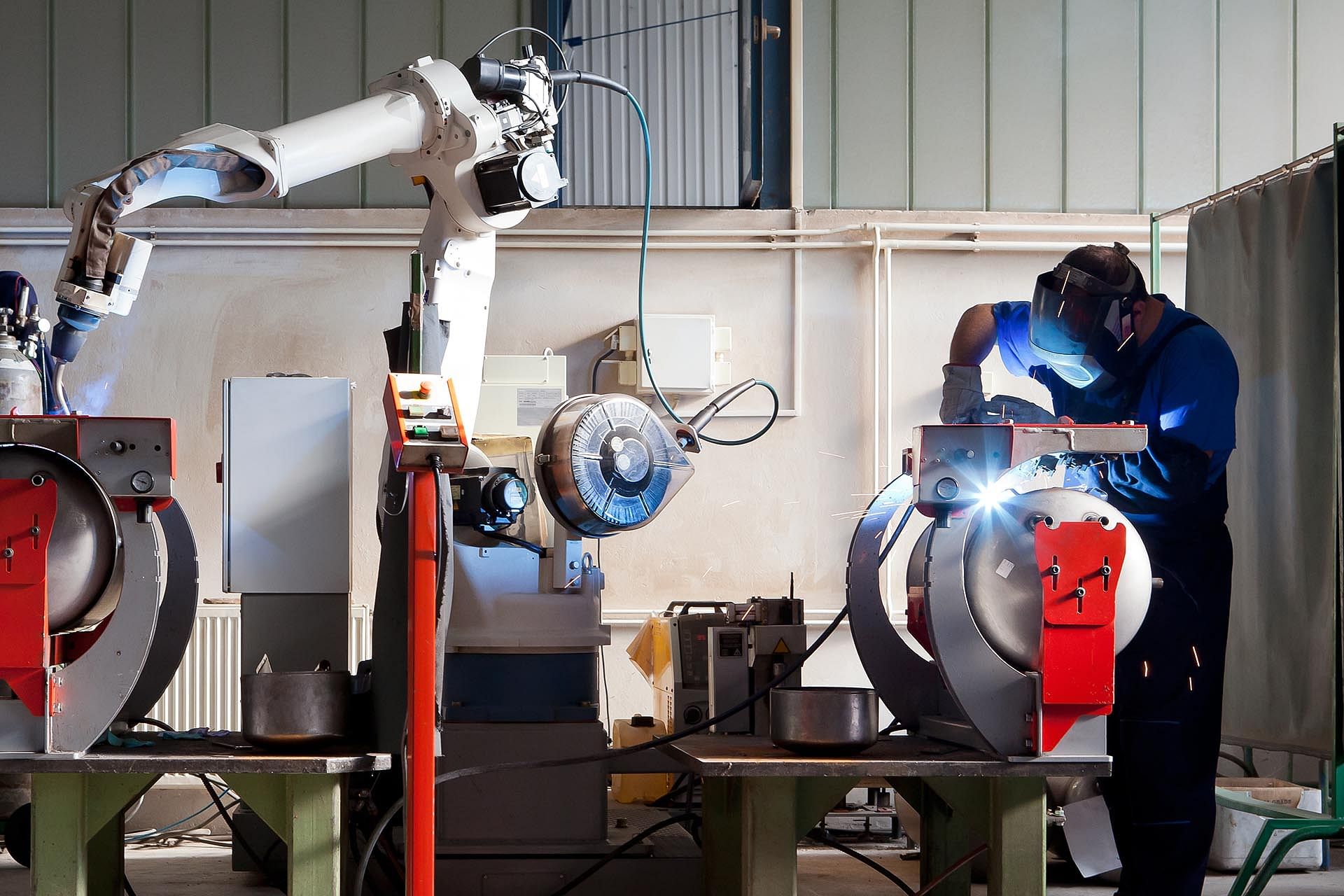The rise of generative artificial intelligence (AI) is reshaping jobs across numerous sectors of the economy, including retail, finance, education and medicine.
On the healthcare front, clinicians in Singapore could soon have a generative AI application that automates some healthcare tasks so they can focus on giving patient care. Generative AI tools are being tapped for regulatory efforts in the finance sector as well, to address risk identification and environmental, social and governance analysis, among others.
According to Mr David Page, head of macro research at AXA Investment Managers, AI is seen as the next technological revolution, poised to join the ranks of the five major technological revolutions in history that marked significant turning points globally, including the industrial revolution, cars and mass production, and information technology.
“Generative AI could be implemented more quickly than previous tech revolutions and could be further aided by recursive learning for a more efficient roll-out,” shares Mr Page. “However, it will at least in part depend on the regulatory, governmental and societal reactions to its wider introduction.”
Balancing job disruption and growth
While AI has a long history, generative AI like ChatGPT represents a significant leap forward in terms of capabilities, scalability and practical applications. This will greatly expand the applications of AI across various sectors and bring significant changes, particularly in the job market.
If AI causes large-scale disruption, governments may face considerable challenges in its implementation.
“In previous technology waves, governments have played an active role in boosting the education of the workforce. They may have a further role to play this time by providing more retraining opportunities for workers displaced by AI,” says Mr Page.

“History has taught us that technological advances have boosted productivity, reducing the need for labour in certain sectors, but simultaneously created jobs, often in new areas,” he points out, citing the shift from agriculture to manufacturing as a clear example of this transition.
Government regulation on AI is also in focus as the technology’s impact broadens. He adds that the urgency of such regulation would likely increase if AI were to develop quickly or if a few companies started to dominate the AI market.
The ultimate impact of AI on growth is not straightforward, but countries actively participating in its development are poised to benefit immediately, notes Mr Page. The US, Japan and South Korea are leading in the semiconductor industry, placing them at an advantage. Europe and the UK are also expected to gain significantly from AI implementation, underscoring the global reach of this technological revolution.
AI’s effect on society
The journey through each phase of technological innovation has not always been smooth.
Mr Page recalls the significant societal impacts, stating, “In the past, many people went from extreme poverty in rural areas to barely surviving in new industrial cities. These changes completely reshaped how society was structured.”
In recent times, the profound effects of deindustrialisation in specific areas due to technological advancements have also been evident. The emergence of AI is expected to follow a similar path, but on a potentially grander scale.
“Insofar as we consider AI to be a material positive supply side boost, economic theory suggests it should create disinflationary pressure,” Mr Page says.
However, the real outcome will be closely tied to the rules and systems that are already in place. Mr Page emphasises a key question: Will the increased efficiency lead to lower prices for shoppers or will companies keep those extra earnings for themselves?
“It will depend on the scale of competition that producers face,” he explains. If AI grows fast, the companies that make it could quickly take control of the market, leaving little room for others, which could lead to a monopoly. But if AI takes time to develop, more companies can get involved, which could result in competition and potentially lower prices.
With generative AI, the world is on the cusp of a new tech revolution that can transform society and the economy, much like past technological advancements.
While AI can bring disruptions, it can also offer benefits, like contributing to the fight against climate change challenges. Some startups in the US have started efforts such as using an AI-based recycling system to sort textile waste and reducing manufacturing emissions by 30 per cent with AI-powered software.
Mr Page notes the positive effects of AI will largely depend on societal and institutional decisions. He says: “Such outcomes are not a given. There are several challenges that will need to be managed to avoid alternate and less universally beneficial outcomes emerging.”
For more market trends and research by AXA Investment Managers, visit the AXA Investment Managers website here.


